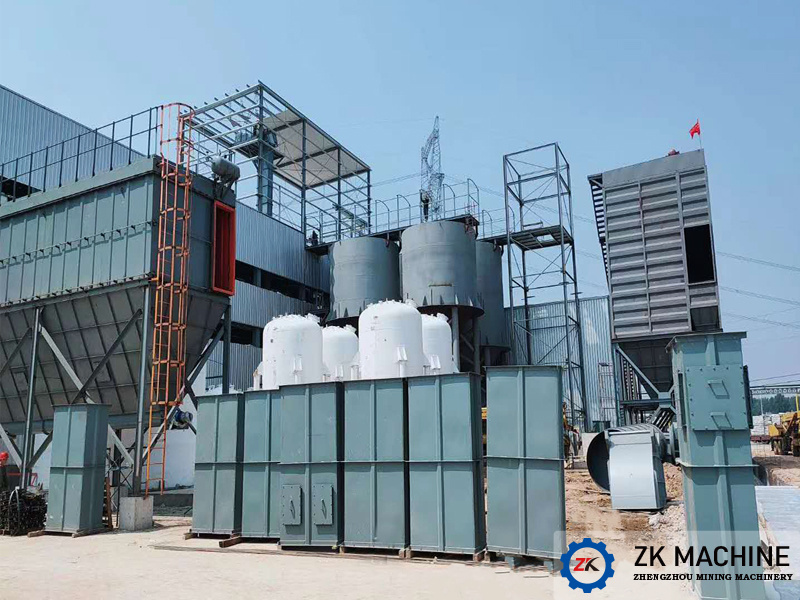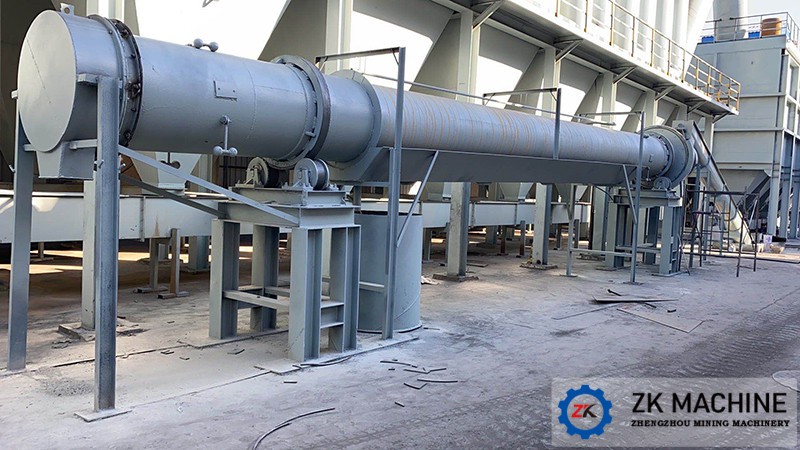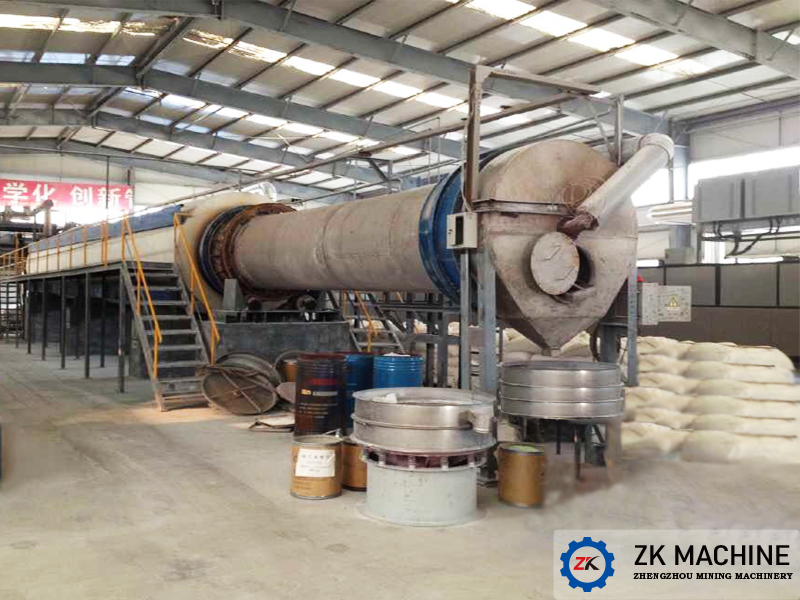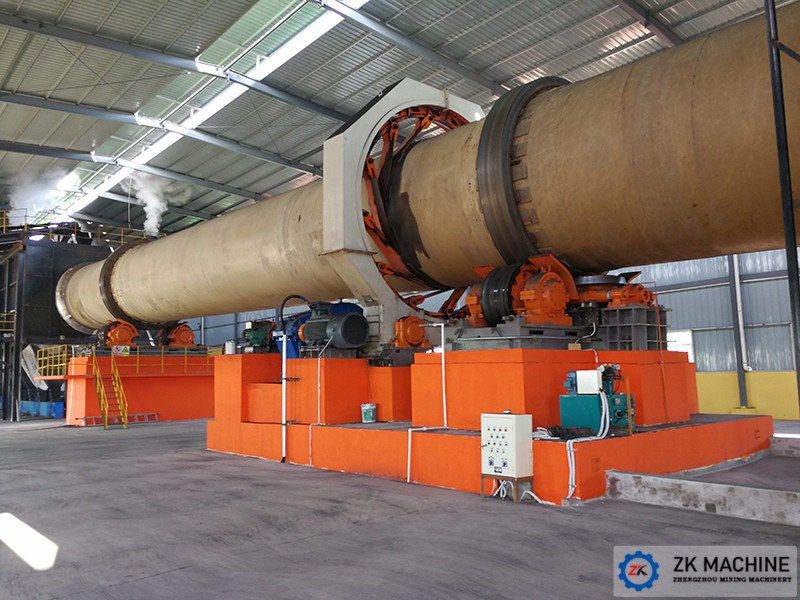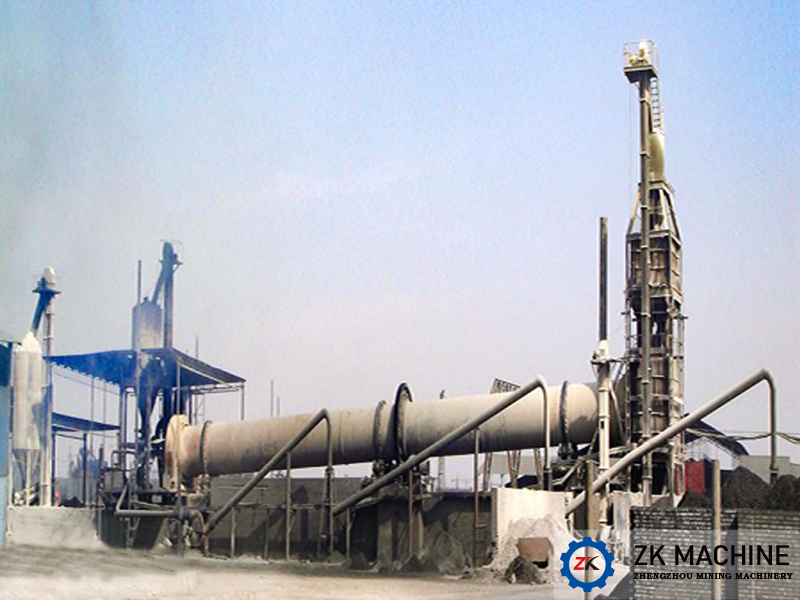Gypsum is a monoclinic mineral and a hydrate whose main chemical component is calcium sulfate (CaSO4). Gypsum is a widely used industrial material and building material. It can be used as cement retarder, building products, model making, medical food additives, sulfuric acid production, paper filler, paint filler, etc. The most widely used natural gypsum is dihydrate gypsum. Its active ingredient is calcium sulfate dihydrate (CaSO4·2H2O). Generally, gypsum is graded according to the content of calcium sulfate dihydrate in the ore. High-grade gypsum is mostly used as raw material for the production of special gypsum products, such as food, medical, artwork, models and chemical fillers; gypsum mines with calcium sulfate dihydrate content of less than 60% are rarely used; more than 60% The gypsum ore, depending on its content, is used in various fields such as building materials and construction.
Dihydrate gypsum (CaSO4·2H2O) is also known as raw gypsum. After calcination and grinding, β-type hemihydrate gypsum (2CaSO4·H2O) can be obtained, namely, building gypsum, also known as plaster of paris and plaster. If the calcination temperature is 190℃, model gypsum can be obtained, and its fineness and whiteness are higher than building gypsum. If the green gypsum is calcined at 400-500°C or higher than 800°C, floor gypsum is obtained. The setting and hardening are slower, but the strength, wear resistance and water resistance after hardening are better than ordinary building gypsum.
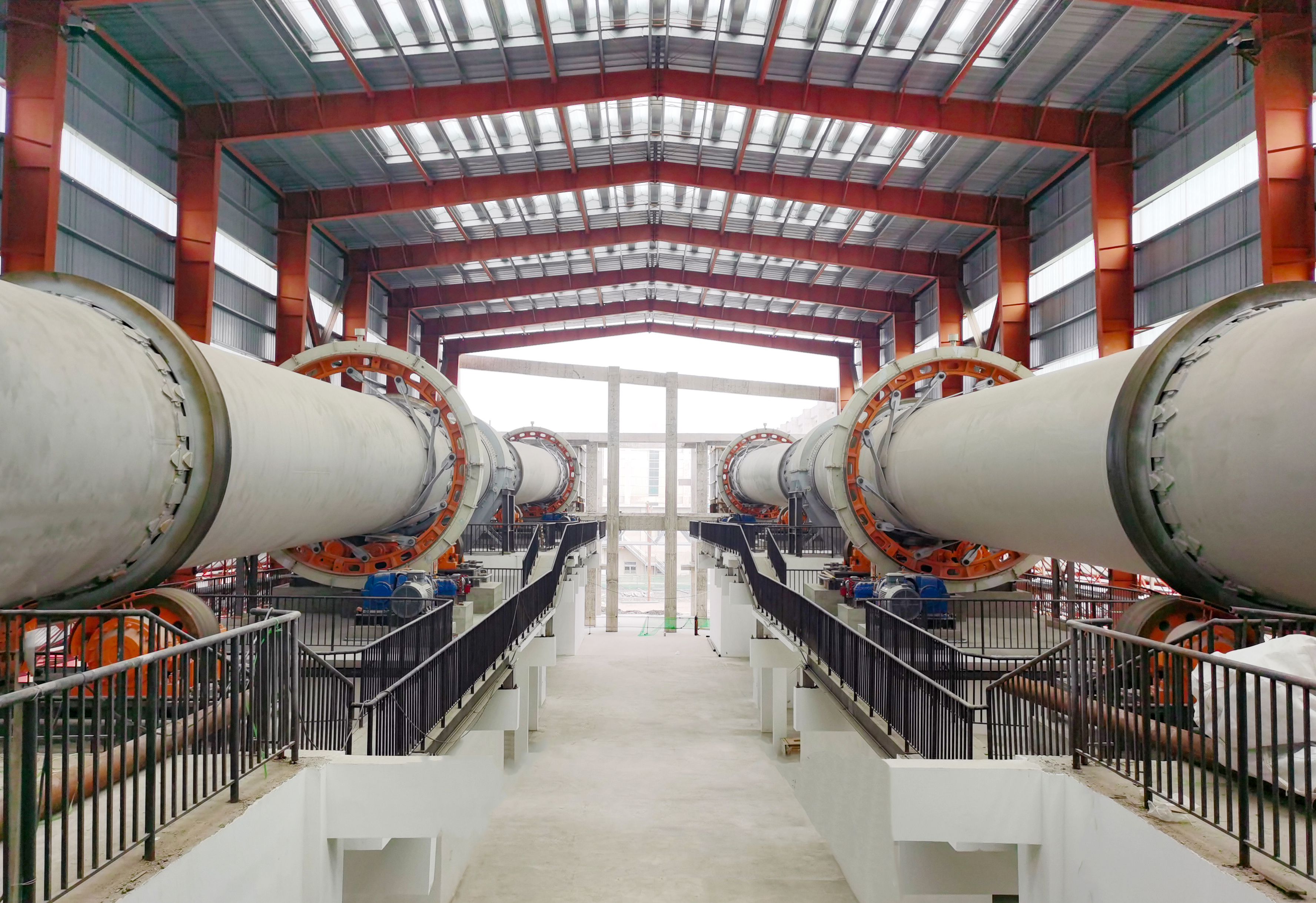 LECA PRODUCTION LINE
LECA PRODUCTION LINE
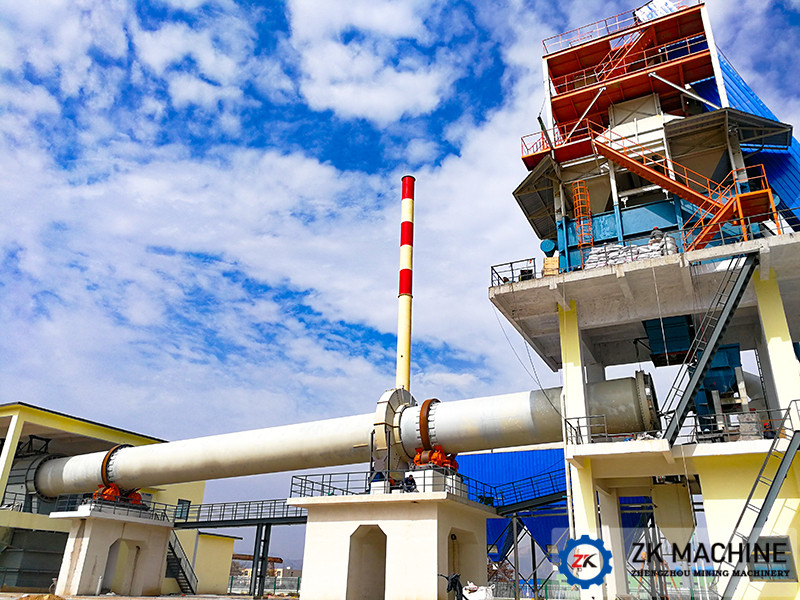 MAGNESIUM PRODUCTION LINE
MAGNESIUM PRODUCTION LINE
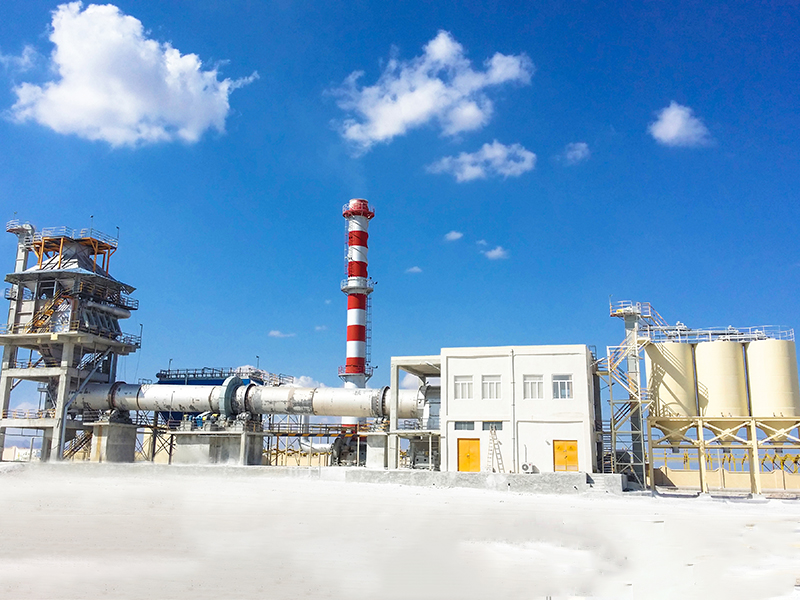 ACTIVE LIME PRODUCTION LINE
ACTIVE LIME PRODUCTION LINE
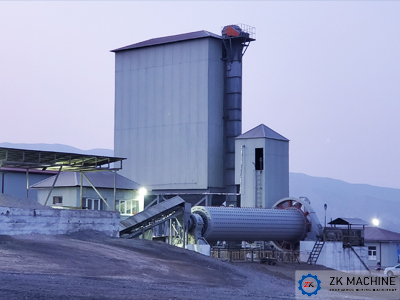 CEMENT GRINDING STATION
CEMENT GRINDING STATION
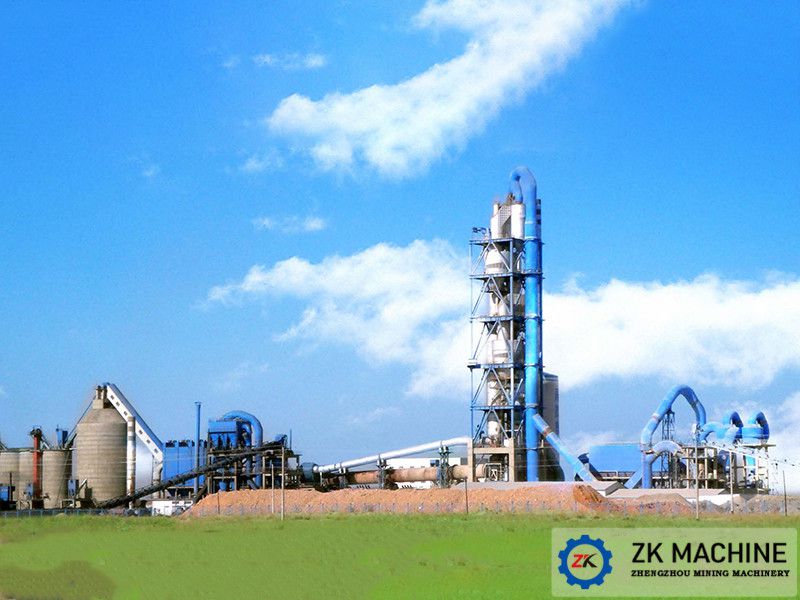 CEMENT PRODUCTION LINE
CEMENT PRODUCTION LINE
 LIME SLAKING PLANT
LIME SLAKING PLANT
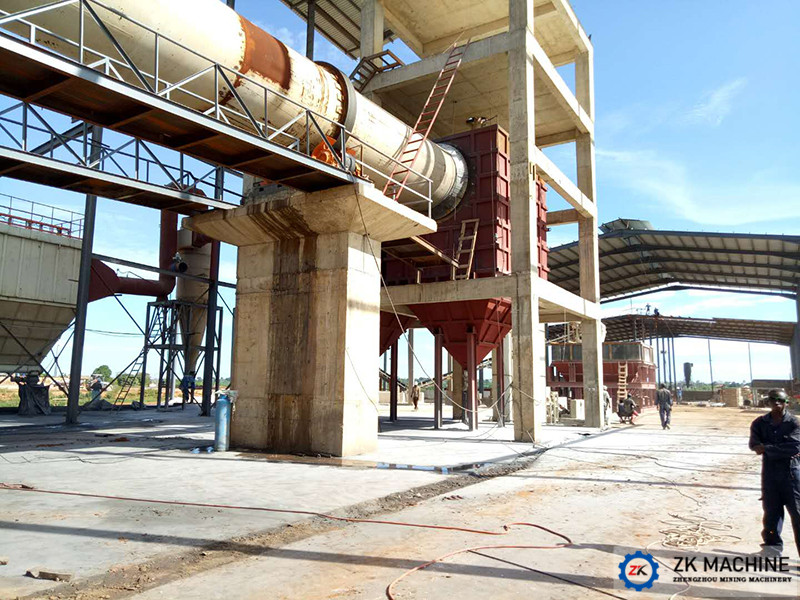 MAGNESIUM OXIDE (MgO) PLANT
MAGNESIUM OXIDE (MgO) PLANT
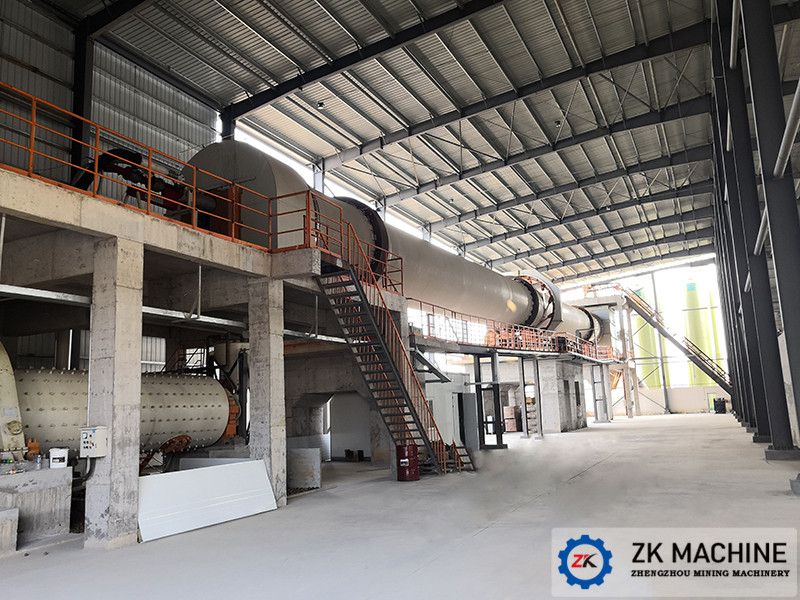 LITHIUM PRODUCTION LINE
LITHIUM PRODUCTION LINE
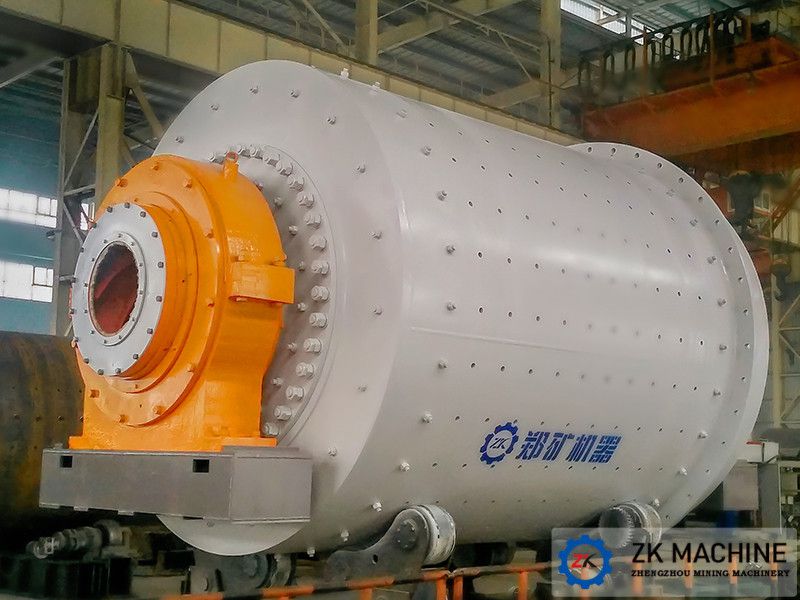 ORE DRESSING LINE
ORE DRESSING LINE
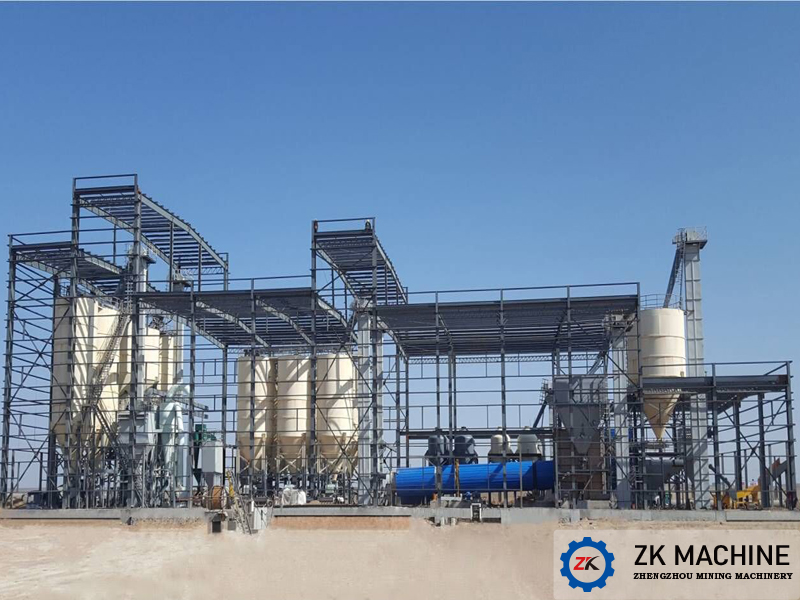 GYPSUM POWDER PRODUCTION LINE
GYPSUM POWDER PRODUCTION LINE
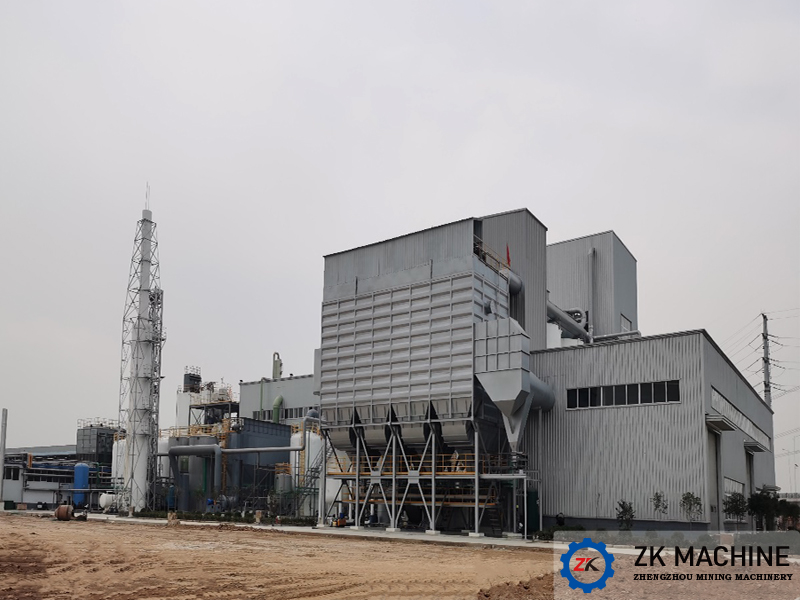 ALUMINUM ASH PROCESSING SYSTEM
ALUMINUM ASH PROCESSING SYSTEM
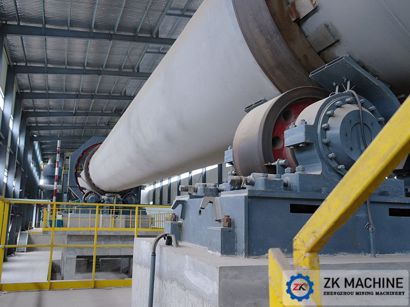 FRACTURING PROPPANT PRODUCTION LINE
FRACTURING PROPPANT PRODUCTION LINE
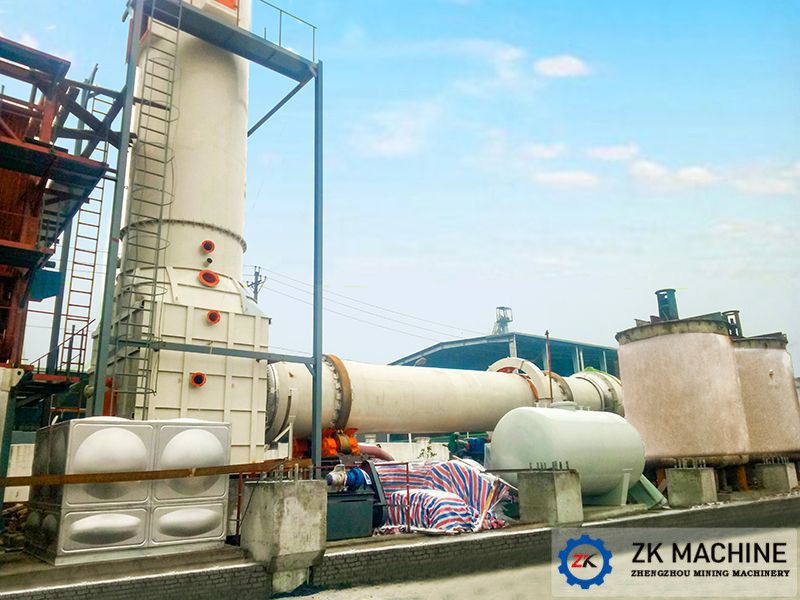 SOLID (HAZARDOUS) WASTE INCINERATION SYSTEM
SOLID (HAZARDOUS) WASTE INCINERATION SYSTEM
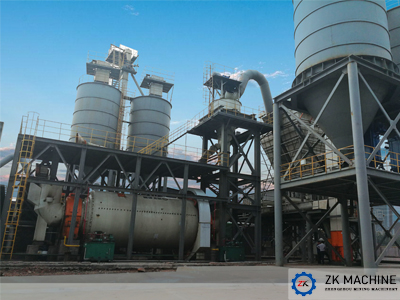 PULVERIZED COAL PREPARATION PRODUCTION LINE
PULVERIZED COAL PREPARATION PRODUCTION LINE
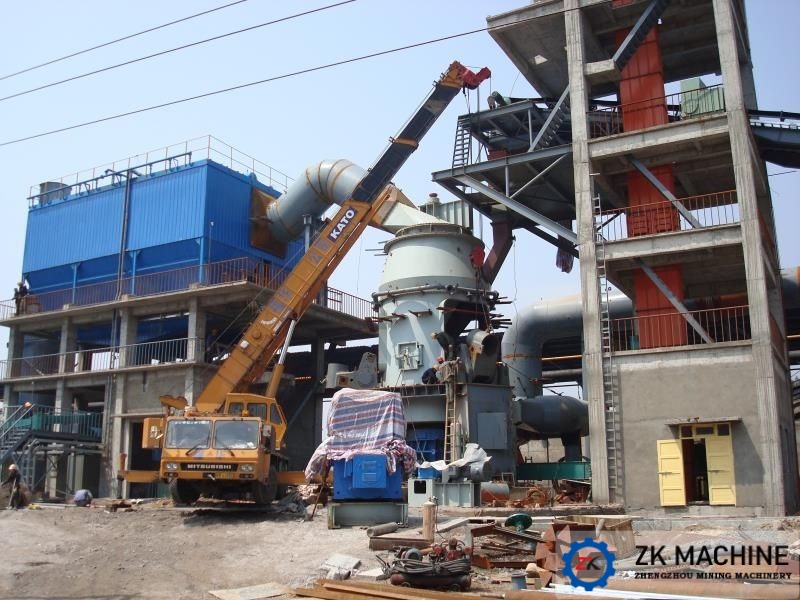 GGBS PRODUCTION LINE
GGBS PRODUCTION LINE
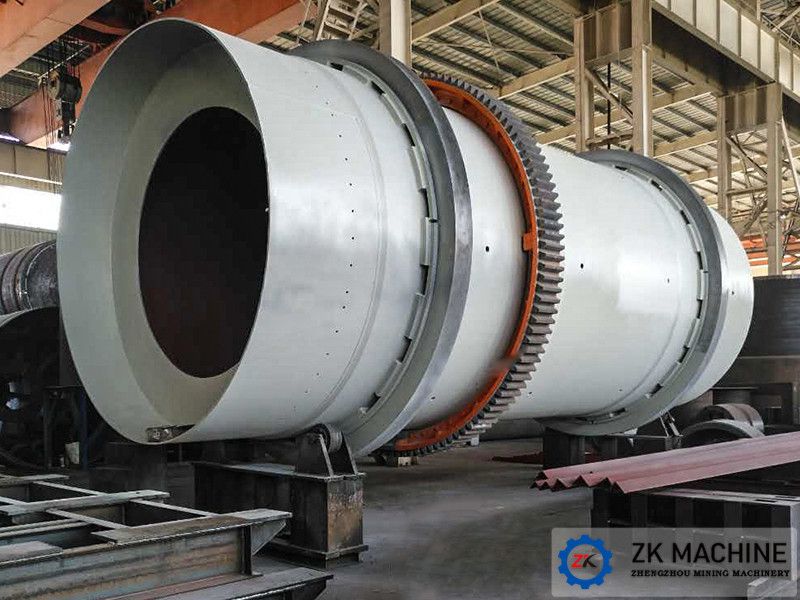 SUPERPHOSPHATE PRODUCTION LINE
SUPERPHOSPHATE PRODUCTION LINE
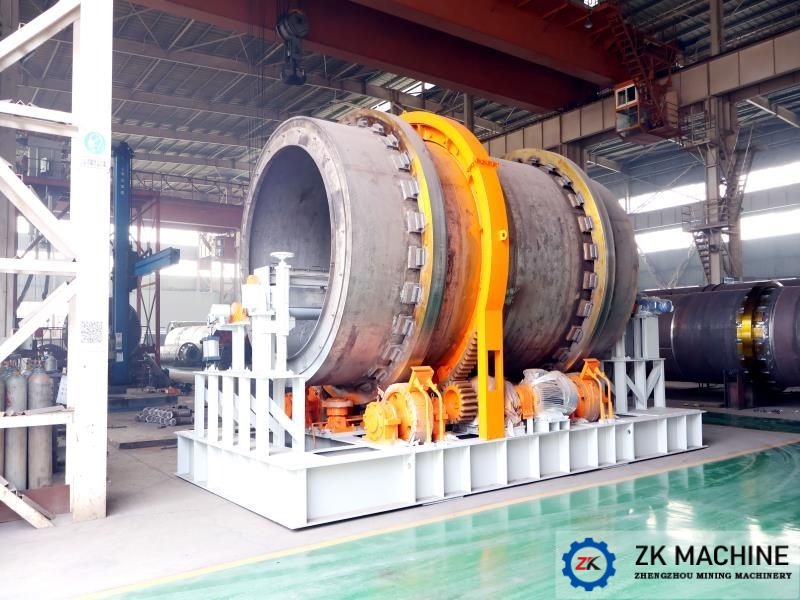 MOLECULAR SIEVE PRODUCTION LINE
MOLECULAR SIEVE PRODUCTION LINE
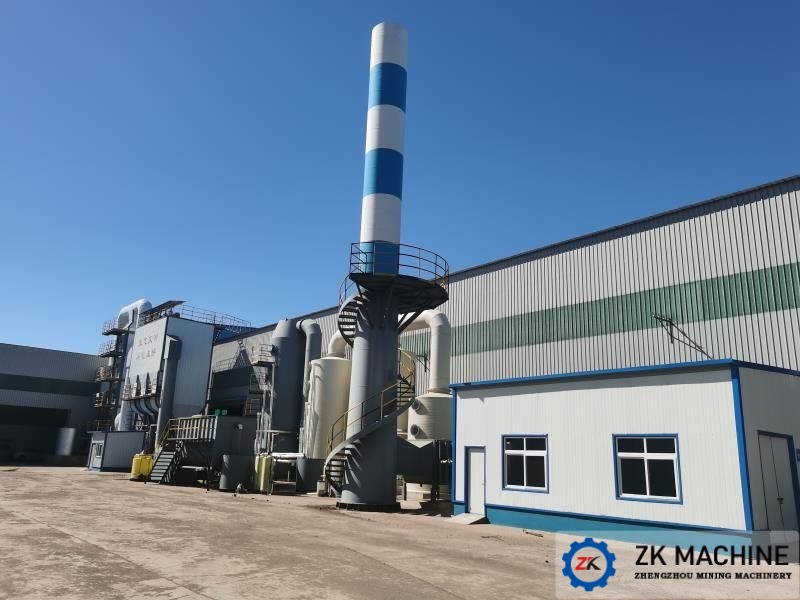 FLUE GAS PURIFICATION SYSTEM
FLUE GAS PURIFICATION SYSTEM
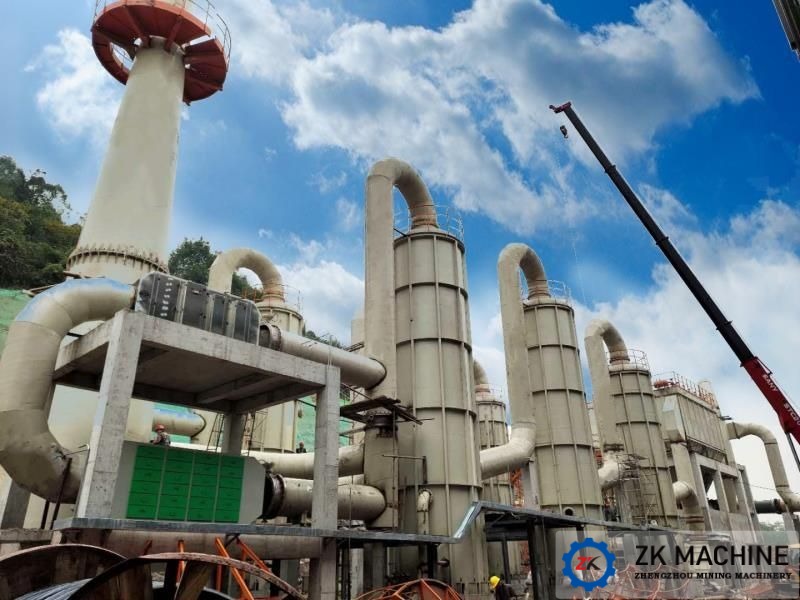 FGD SYSTEM
FGD SYSTEM
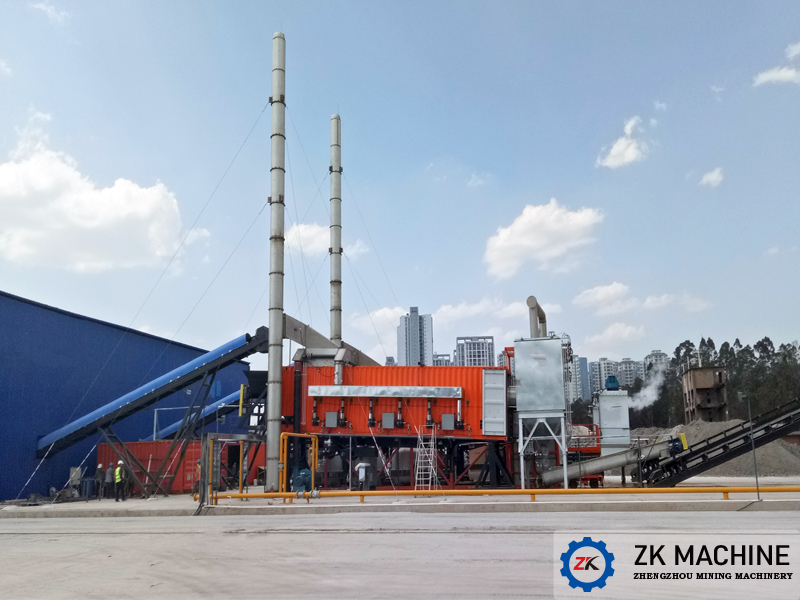 SOIL REMEDIATION SYSTEM
SOIL REMEDIATION SYSTEM
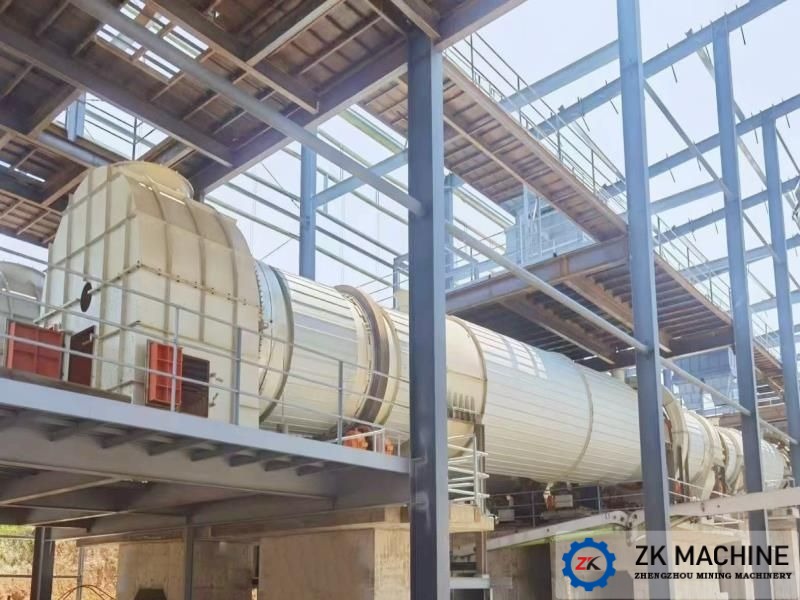 PHOSPHOGYPSUM DISPOSAL PRODUCTION LINE
PHOSPHOGYPSUM DISPOSAL PRODUCTION LINE
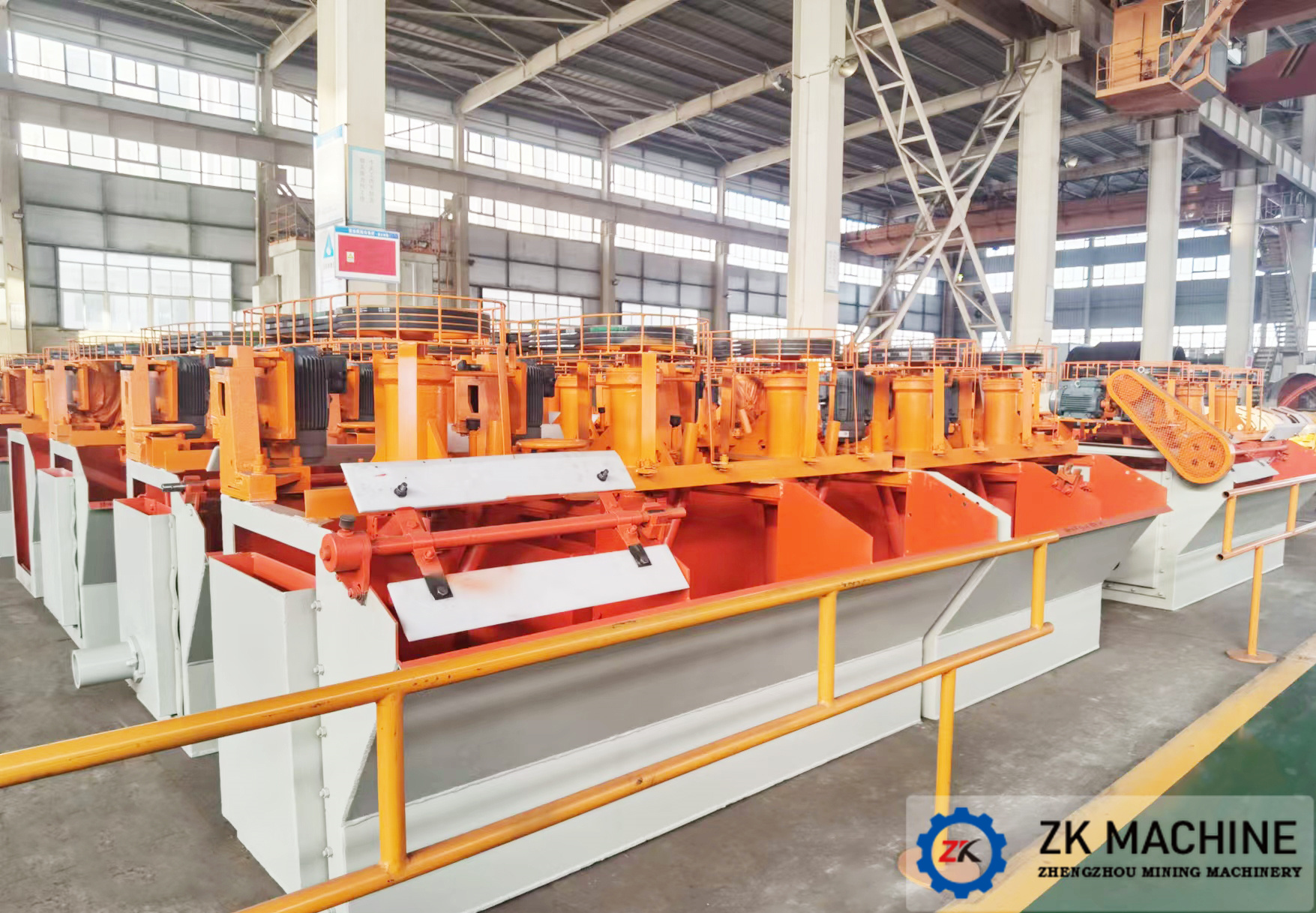 PHOSPHATE ORE DRESSING LINE
PHOSPHATE ORE DRESSING LINE
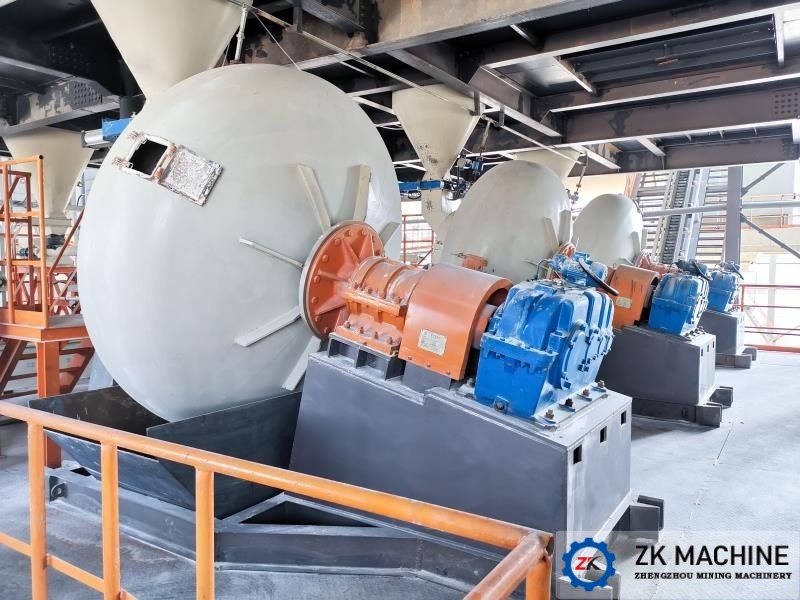 PHOSPHATE ORE PELLETIZATION PRODUCTION PROCESS
PHOSPHATE ORE PELLETIZATION PRODUCTION PROCESS
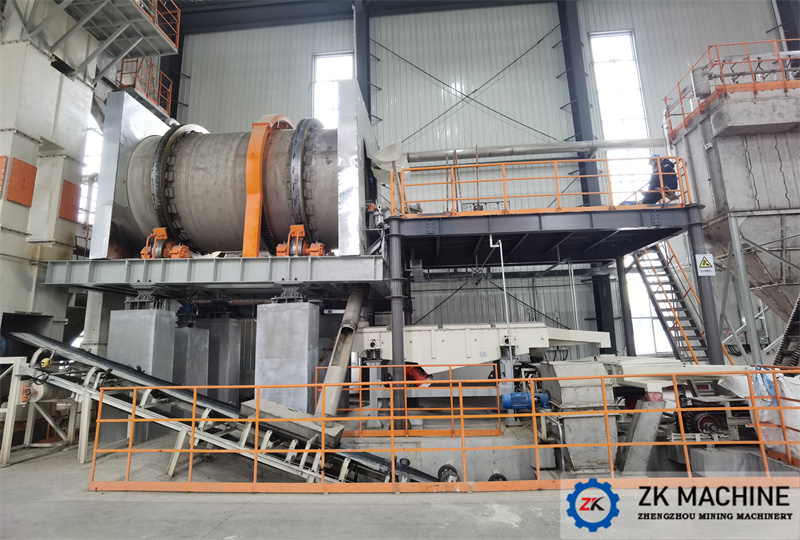 LITHIUM BATTERY RECYCLING LINE
LITHIUM BATTERY RECYCLING LINE
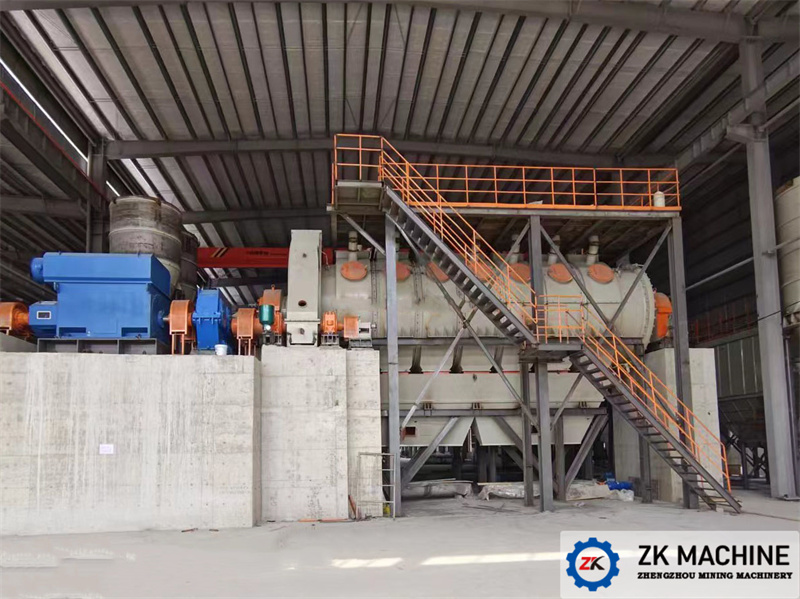 ALUMINA CALCINING LINE
ALUMINA CALCINING LINE



